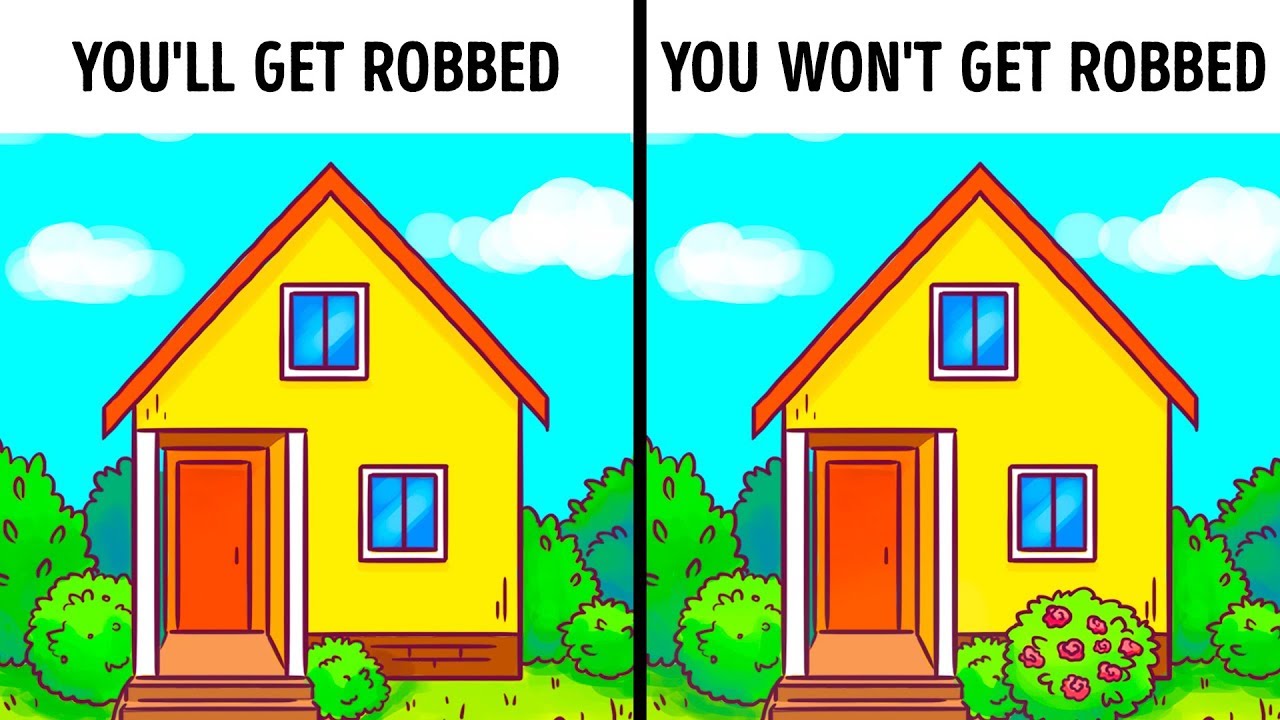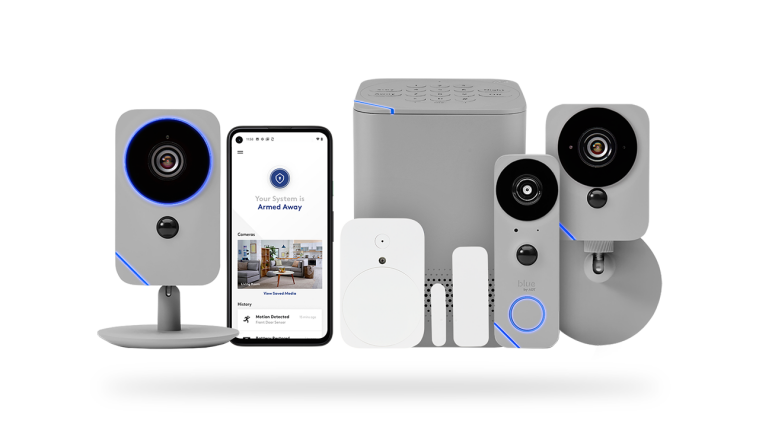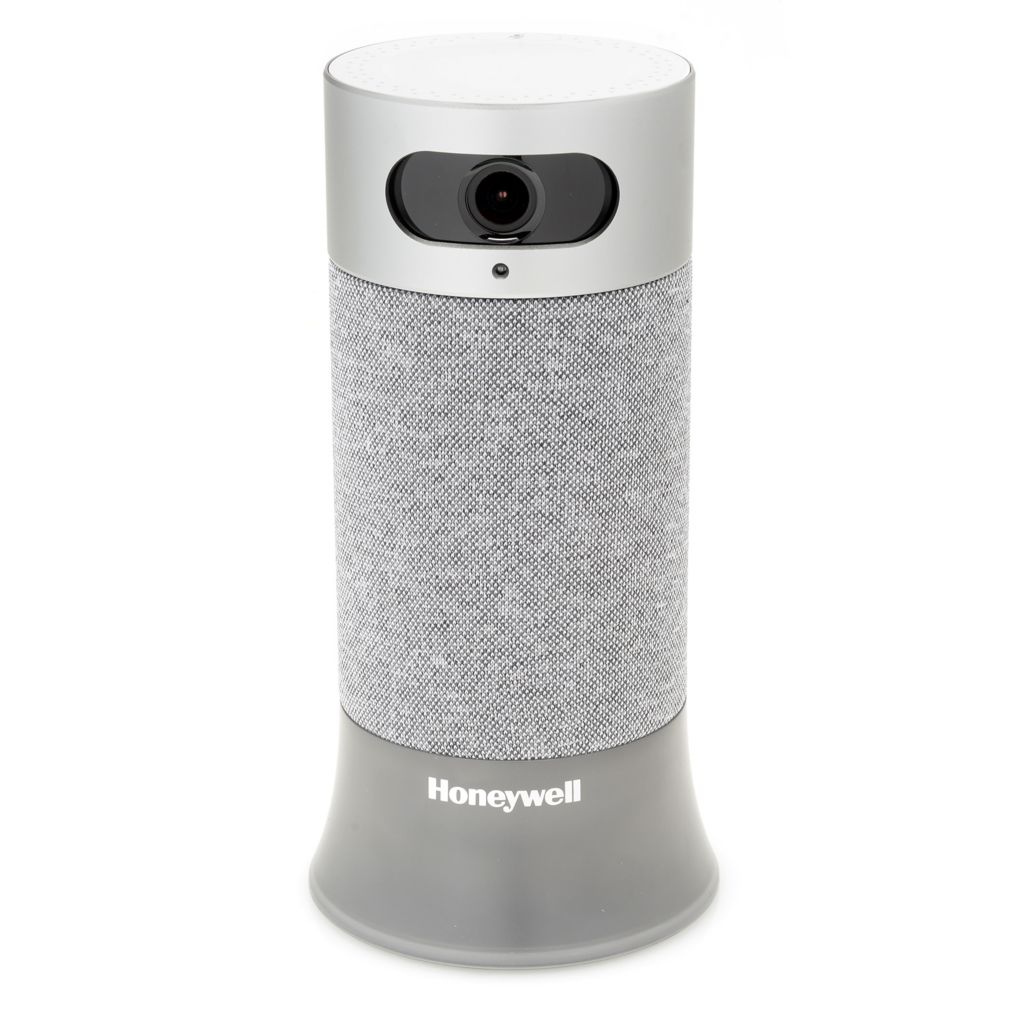
If you would like to protect your home without paying monthly fees, then a DIY camera security system might be for you. These DIY security systems for your home are easy to set up and can be customized to meet your individual needs.
Outdoor cameras are a good option if you want to monitor your yard or patio. They often come with motion sensors that trigger video recording and are easy to setup and use. They have wide viewing angles, so it is easy to see large spaces.
Pan/Tilt: This is an essential feature for anyone who wants to cover large areas of their property or who has multiple properties to secure. Most pan/tilts are motorized and can be adjusted to match the angle of view.
Web client: Since many cameras can be accessed via mobile apps, it is helpful to have an equivalent web client. You can now access your cameras from any device. This ensures that you have constant access to the live feed and notifications.

Battery backup is an important feature if you need to leave the house for some time. It can prevent your camera from going black. It is especially useful in the case of a power cut, as thieves often shut off the electricity before they enter.
Two-way communication: Many cameras include built-in speakers or microphones so you can talk to the people who are being watched. This feature is particularly useful for parents with small children and pets. You can monitor them without having to leave the comfort of home.
Smart features Most security cameras are capable of connecting to your home network, and notifying you when unauthorized activity occurs. For example, when doors or windows are broken. Some cameras can be programmed so that they activate an alarm if there is a problem.
Wireless alarms. Some security systems are connected to carbon monoxide and smoke detectors that will alert you to a potentially dangerous situation. These devices can either be included in your DIY home security camera system, or purchased separately if you have an alarm system.
Remote control: Some security cameras have an app on your phone that allows you remotely to operate and adjust the camera. Apps should be intuitive and user-friendly so that you can use them from anywhere.

Customization: The application should let you adjust the notifications, motion and noise detection sensitivity, as well as set detection zones. You can set up a schedule that will send you photos and alerts when certain events happen.
Best cameras: Many of the best security cameras available today are equipped with innovative technology and interesting features. These include motion detection, night-vision, and many other features.
A good security camera is a must-have for any DIY home security system, as it can help you detect intruders and keep your property safe. The cameras come with many useful features including night vision. Audio recording and remote-controlled light.
FAQ
Which is the best home security system?
The most popular home security systems are ADT Pulse, Ring Alarm, Vivint Smart Home Security, and Protect America.
What is the distinction between surveillance cameras and security cameras?
Surveillance cameras serve monitoring purposes, security cameras are used as protection.
Each type of camera has its pros and cons. The main difference between them is the type of images they capture. Surveillance camera record video in slow-motion so you can follow what's happening live. On the other hand, security cameras only record video and still pictures, which is saved to review later.
Are motion sensors capable of triggering alarms?
Motion sensor alarm systems have been around for decades, and they have become increasingly popular due to the rising number of break ins and thefts. These devices can be too costly and do not work well inside cabinets. A motion sensor alarm system can be a great way to protect your home against intruders.
What Home Security Systems cannot be hacked
The definition of hacking is key to the answer. Hacking is the unauthorized access to computer systems, networks, and data. Because they don't contain software that allows remote control, most home security systems can't be hacked. They won't let anyone enter your home without permission.
If they are connected to an internet connection, however, certain home security systems may be compromised. These types of systems usually require a password to operate, which means that someone can hack them if he knows the correct password.
Statistics
- Depending on your insurance, 24/7 professional monitoring may qualify you for as much as 15% off your premium. (safewise.com)
- Most home security companies will charge you around 75% of the remaining term of your contract if you cancel early—and some require 100%.Related questionsWhat type of contract length can I expect from security providers?Home security system cancellation (safewise.com)
- (In my experience, the discount on my home insurance covered about 25 percent of the subscription of an average plan, but your mileage may vary depending on your location and the size of your home.) (theverge.com)
- That's probably why Cove has a whopping 98%* customer retention rate. (safewise.com)
External Links
How To
What to look for in a Home Security Monitoring company
There are many things you should consider when selecting a home security monitoring service. The first thing to do is make sure that there is someone who knows what they're doing. Ask around and see if any others have used this provider. If they aren't recommended, don't use them. Ask family and friends if the company is worth their recommendation. This will allow you to get honest feedback directly from the people who use the services. You can also read customer reviews online. Visit their website as well as social media sites such Facebook and Twitter. Check out customer reviews and complaints. Take a look at negative comments and find out why they were written. It could indicate that someone has done something wrong to the client.
Next is to verify references. Ask past clients how they enjoyed the service. Were they happy with the quality of the work? Did everything go according to plan? Verify that the company you used was trustworthy and reliable. They didn't just give a quote, but finished the job.
Next, ensure that your company is insured and licensed. An insurance policy that covers your property in the event of an accident while you are away will cover it. They offer 24 hour emergency services, so you don't need them to be available during business hours.
Check to see if the company offers free installation or maintenance. Some companies charge extra for these services, which makes sense because installing and maintaining equipment takes time and money. Some companies offer basic monitoring services that aren't sufficient for most homeowners.
Finally, make sure that the company's prices are reasonable. You shouldn't be paying too much for a substandard product. Always compare apples with apples when comparing the different providers. One provider may charge $150 per month for basic monitoring while another provider might charge $200 per year for the same service. Shopping around is a good way to save money.